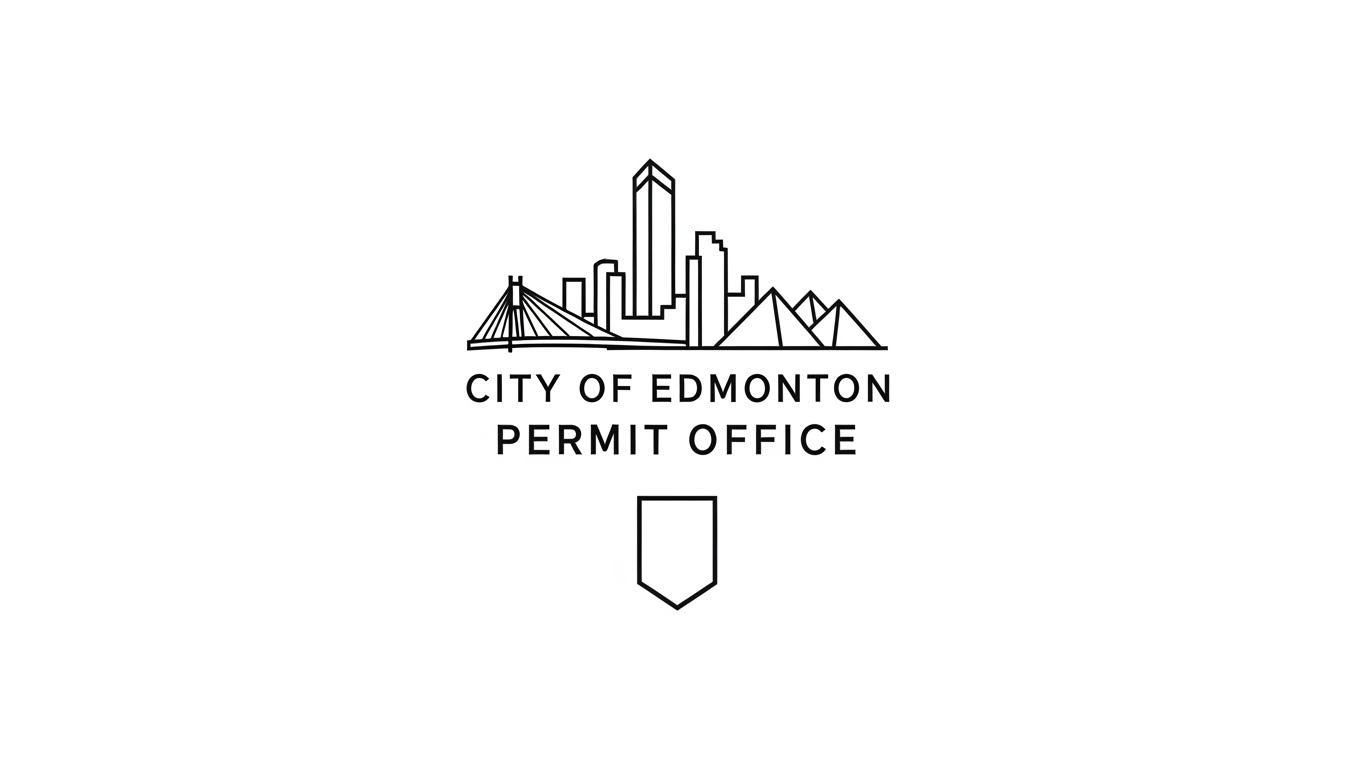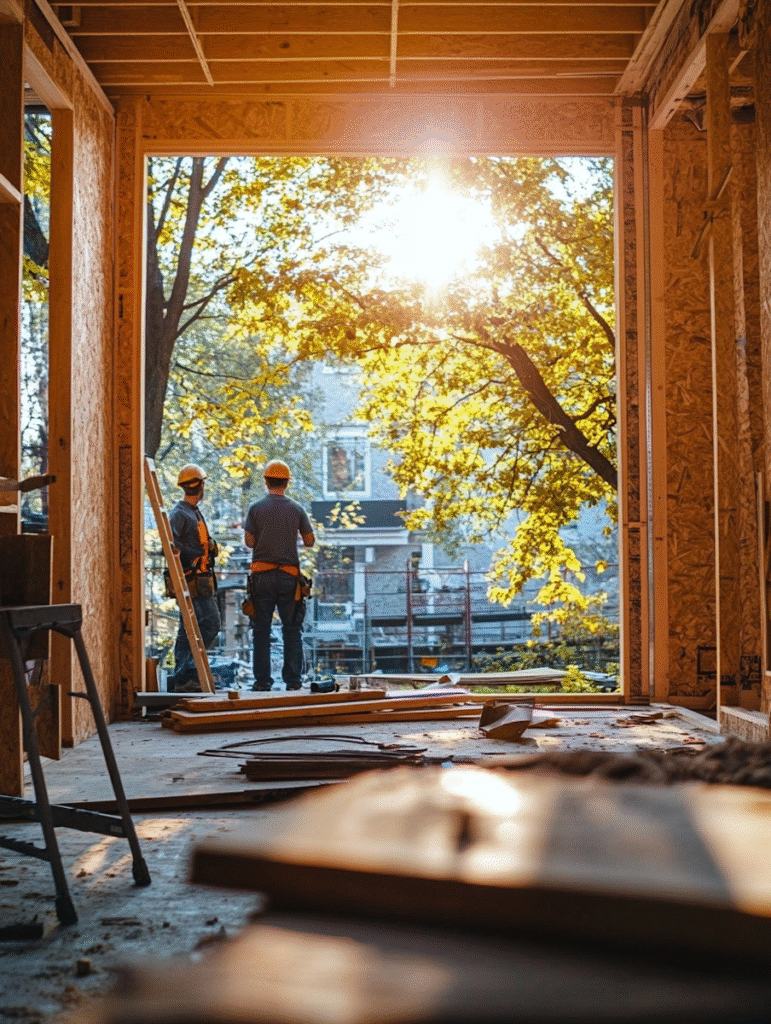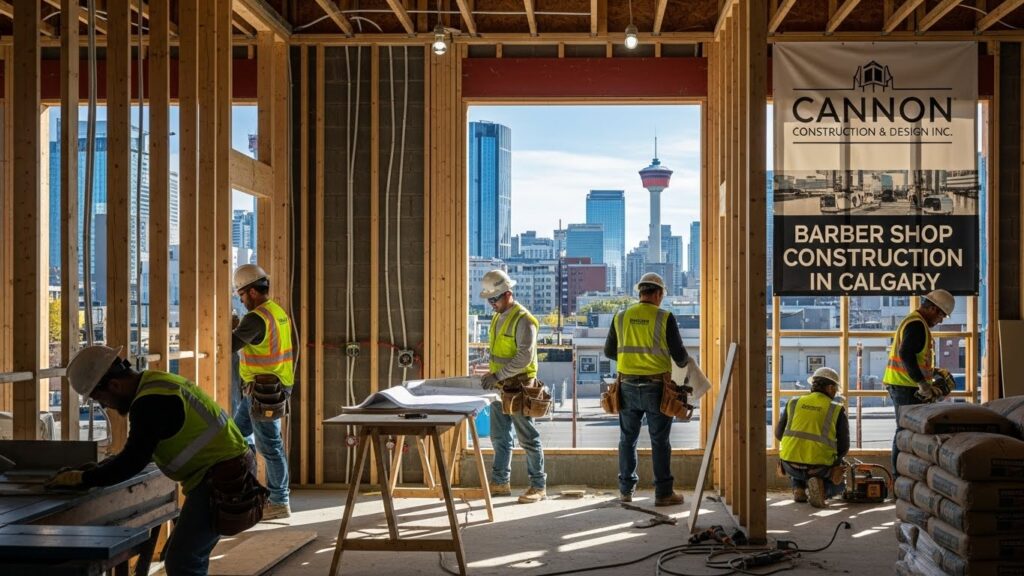Navigating the City of Edmonton permit process is crucial for homeowners, business owners, and contractors planning construction or renovation projects. Understanding the regulations and requirements ensures a smooth application and approval process, preventing costly delays. Whether you’re a General Contractor in Calgary or a business owner in Edmonton, securing the right permit is a vital step in any construction project.
Understanding the City of Edmonton Permit Process
The City of Edmonton permit system is designed to regulate and oversee construction projects, ensuring they meet safety and zoning requirements. These permits apply to residential, commercial, and industrial projects, requiring applicants to comply with local bylaws and codes.
Why Do You Need a Permit?
A City of Edmonton permit ensures that all construction work complies with safety regulations, zoning laws, and environmental standards. Without the proper permits, projects may be subject to fines, legal issues, or forced removal of unauthorized work.
Types of Permits in Edmonton
- Building Permits: Required for new constructions, renovations, demolitions, and structural changes.
- Electrical Permits: Necessary for electrical installations and upgrades.
- Plumbing Permits: Required for plumbing modifications, including sewer and water connections.
- Development Permits: Ensure compliance with zoning and land-use regulations.
- Demolition Permits: Needed for tearing down existing structures.
How to Apply for a City of Edmonton Permit
Applying for a permit in Edmonton involves several steps to ensure compliance with local regulations. Whether you’re working with Calgary General Contractors or handling the process independently, following these steps is essential.
Step 1: Determine the Type of Permit
Before starting the application process, identify the specific permit required for your project. If you’re unsure, the City of Edmonton provides online resources and customer service to assist you.
Step 2: Prepare Necessary Documents
To apply for a permit, you typically need:
- A completed application form
- Site plans and drawings
- Architectural plans (if required)
- Proof of ownership or authorization from the property owner
Step 3: Submit Your Application
Applications can be submitted online through the City of Edmonton’s permit portal or in person at designated municipal offices.
Step 4: Review and Approval
City officials review applications to ensure compliance with zoning laws and safety standards. If additional information is needed, they will request modifications before approval.
Step 5: Inspections and Compliance
Once your permit is approved, inspections are required at various stages of construction to ensure the work meets city regulations. After final approval, the project can proceed to completion.
Development Permits in Edmonton vs. Calgary
While Edmonton has its own regulations, comparing it with the City of Calgary development permit process highlights some differences.
Development Permit Edmonton
- Required for zoning and land-use compliance.
- Ensures alignment with Edmonton’s zoning bylaws.
- Needed before applying for a building permit.
Development Permit Calgary
- Similar purpose but follows Calgary’s specific zoning regulations.
- Often required for commercial, industrial, and large-scale residential projects.
- Overseen by the City of Calgary planning department.
Key Differences
- Permit processing times: Edmonton’s timelines may differ from Calgary’s based on project scope.
- Zoning bylaws: Each city has its own set of regulations affecting permit approvals.
- Application procedures: While both cities offer online applications, specific documentation may vary.
Role of General Contractors in the Permit Process
Hiring experienced commercial general contractors in Calgary or Edmonton can simplify the permit process. These professionals understand local regulations and can handle permit applications efficiently.
Benefits of Hiring General Contractors
- Expert knowledge of building codes and permit requirements.
- Faster approvals due to accurate application submissions.
- Compliance assurance, reducing the risk of project delays or fines.
Choosing the Right Contractor
When selecting a contractor, consider:
- Experience with development permits in Calgary and Edmonton.
- A track record of successful permit applications.
- Knowledge of local zoning laws and construction standards.
Common Permit Challenges and How to Overcome Them
Applying for permits in Edmonton can sometimes be challenging. Below are some common issues and solutions.
Delays in Approval
- Solution: Ensure all required documents are complete and accurate before submission.
Zoning Restrictions
- Solution: Consult with city planners or contractors to find alternatives that meet zoning requirements.
Inspection Failures
- Solution: Work with professional contractors to ensure all work adheres to city codes before inspections.
Frequently Asked Questions
1. How long does it take to get a City of Edmonton permit?
The timeline varies depending on the type of permit. Simple permits can be approved within a few days, while complex projects may take weeks or months.
2. Do I need a permit for minor home renovations?
It depends on the scope of work. Cosmetic changes like painting don’t require permits, but structural modifications do.
3. Can I apply for multiple permits at once?
Yes, you can submit applications for building, electrical, and plumbing permits simultaneously to streamline the approval process.
Conclusion
Understanding the City of Edmonton permit process is essential for smooth construction projects. Whether you’re a homeowner or working with General Contractors in Calgary, following the correct procedures ensures compliance and prevents legal complications. For businesses, navigating both development permits in Calgary and Edmonton can be complex, but hiring experienced commercial general contractors in Calgary can simplify the process.
By securing the right permits, you ensure a hassle-free, legally compliant project that meets all safety and zoning regulations. If you’re unsure about the process, consulting with professionals or city officials is the best way to avoid common pitfalls.



